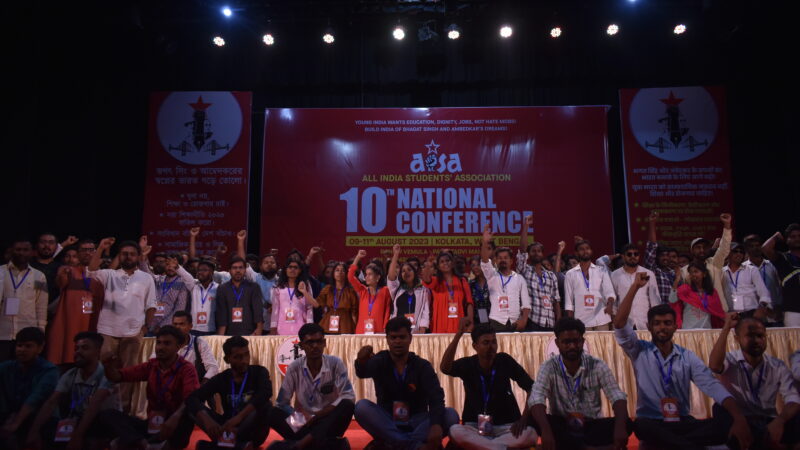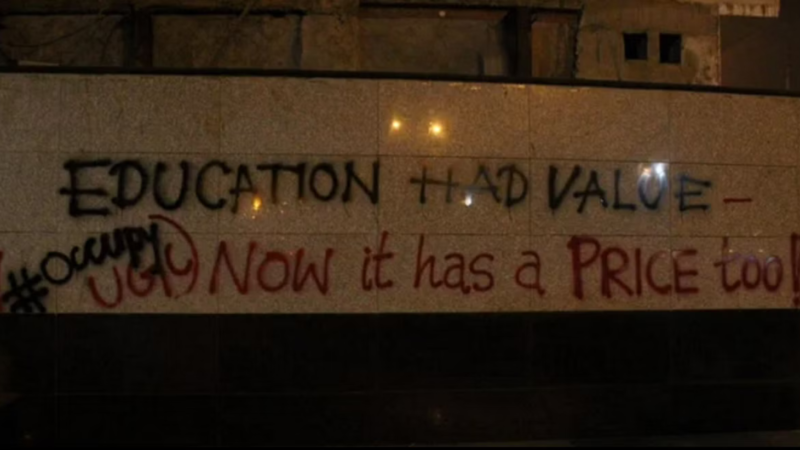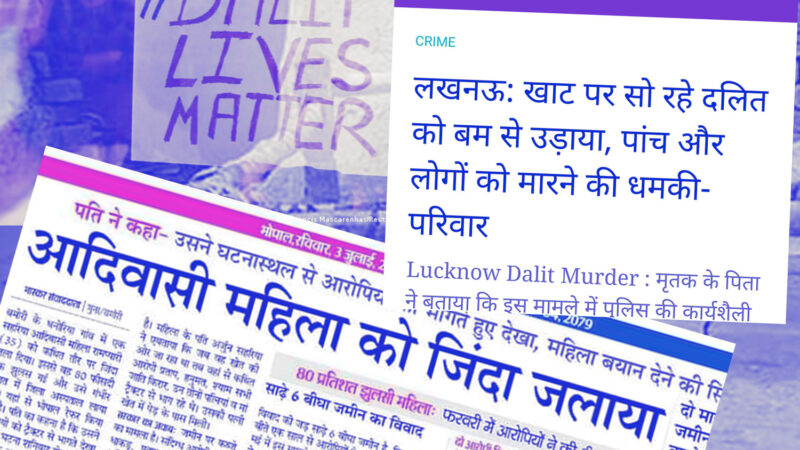One hundred years of sonority: Comrade Saroj Dutta’s birth centenary
 “The moribund stream now roars in full flow,
“The moribund stream now roars in full flow,
Poison saturates the dream of full moon.
Proud comrade Medusa,
Claim the city.”
An untitled poem, written on cigarette paper, while watching a huge procession of women demanding the release of political prisoners, 1948-49
“From the painful streets, from the breathing world of people
Let your reason’s star seek lesson,
Reject the seduction of dumb forests of renunciation,—
Precarious journeys need us to rein in first.
Let the pungent traces of past be quelled,
Let absolute progress emerge from the very crisis of velocity
The long years of bland fecundity
Shall love our resolve, and give birth to colour and flesh.”
“Announcement”, October, 1941
“My poems will never narrate my story,
My lament will not echo in any a casual line,
My poetry does not trade woes of the feeble,
Nor is it lewd fetish of the impotent mind.
Isn’t a narcissist’s decree of universal love,
Or ‘timid offerings’ of the frail at power’s shrine.
Towards a people’s sky, those that pull
The fire-chariot of humankind are comrades of mine.
I can’t be traced in my poem; there my limits
Blend into infinity of the myriad –
With flood-waters from without I have unbounded
The stagnant swamp sluggished by poison-mud.
My pain will not linger like a spirit in the graveyard,
I am a reckless droplet, ocean’s fervour in my heart.”
Charu Mazumdar quotes Mao Tse Tung in his small note on ‘Liberation’, the organ of CPI (M-L), August 16, 1971.
“It is not hard for one to do a bit of good. What is hard is to do good all one’s life and never do anything bad, to act consistently in the interest of the broad masses, the young people and the revolution, and to engage in arduous struggle for decades on end. That is the hardest thing of all!”
And then he writes: “Comrade Saroj Dutta was such a comrade.” At midnight, 4th and 5th August, 1971, the police captured Saroj Dutta from a hideout in Calcutta and secretly murdered him. As Charu observes: “….the police force did not even dare to enact the farce of a trial”.
Born on March 13, 1914, in Jessore district of what is now Bangladesh, his life in Calcutta from the 1930s was dedicated to the cause of Communist politics. He was a brilliant poet, critic, editor and journalist. His commitment to revolutionary politics and informed tirade against revisionism are markers of a history that moved irrevocably towards the formation of the true revolutionary party in 1969.
However, we can move away from his biographical generalities—which shall easily establish him as a good communist—and see him as a danger, a threat, an apparition both actual and real, a lesson at once destructive and regenerative—to the way Communism is unfolding here and now.
On his birth centenary, we might delve: of what is Saroj Dutta the name?
Not isolating the logic of progressive cultural movement from the logic of party-led proletarian militancy. Discarding easy alliances on the cultural front with elements exhibiting a semblance of anti-fascism and anti-capitalism, in favour of concrete Communist credentials. Even if that means loss of bulk at a given historical moment. Channelizing the force of poetry and philosophy to check the overtly pragmatic and sociological approach that Communist movement has had to deal with at different junctures. Defending excess as the key sign of revolution. Defending the excess triggered by “Naxalbari” as an integral part of the general fealty towards the event. [The so-called anarchic overtures in the city of Calcutta of the 60s and 70s tore apart the approved order of reality. The sculpted Bengali ‘renaissance’ pantheon and nationalist iconography became a target of radicalized youth and unorganized proletarian energy] Fighting the critics of this excess from within the vanguard, fighting social democratic certainties. Locating the Marxist-Leninist vanguard party at the interface of an alchemic encounter between vanguardism and mass politics. Alchemic because the outcome is unencumbered by identities, economy, bargain, exchange; cushioned by void. Revolutionary break. No peace in transition.
Saroj Dutta was acutely aware of and almost happy about the fact that CPI (M-L) was established on the hundredth birthday of Vladimir Lenin. This was not merely his acceptance of a modern political ritual, but his faith in an undead revolutionary past. In a poem on Lenin, Saroj Dutta wrote: “His death was never a closure/His hands, so alive, still make history.”
It is delicious irony that the state has still not pronounced Saroj Dutta officially dead. We have a feeling the fear is lingering and legitimate.
Red Salute to Com. Saroj Dutta.






Very apposite and nice piece of note. Thanks for the translation of the best of his poems
Thanks for your comment.